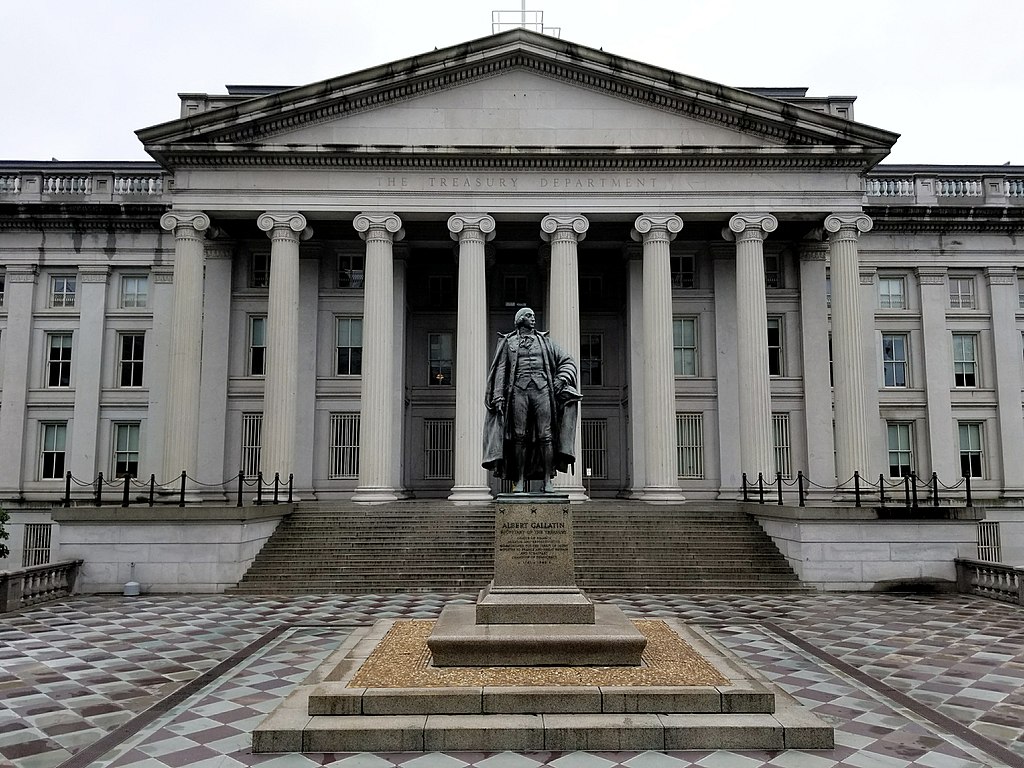
- Details
- By Brian Edwards
- Finance
More than 100 Republican members of Congress urged the Trump administration Thursday to maintain operations at the Community Development Financial Institutions Fund, citing the program's role in supporting economic development in tribal, rural and underserved communities.
Sen. Mike Crapo (R-Idaho) and Rep. Young Kim (R-Calif.) led 103 additional Republican lawmakers in a letter to Treasury Secretary Scott Bessent and Office of Management and Budget Director Russell Vought requesting continuation of the fund's statutory obligations. The letter comes 11 days after all CDFI Fund staff received termination notices effective Dec. 13, a move that could halt the agency’s ability to process grants, certifications or awards.
“CDFIs play an important role in supporting economic development in rural, tribal and other underserved communities in our states,” the lawmakers wrote. “It is unclear how these programs will continue to operate if the CDFI Fund's obligations cease to function.”
The fund supports roughly 1,400 community lenders nationwide, including 65 federally certified Native CDFIs that provide capital in areas where traditional banks are scarce. The Native American CDFI Assistance program has provided more than $221 million in support since 2001, generating over $1.6 billion in loans and investments across Native communities through 2021, according to Treasury data.
Since its creation more than 30 years ago, the fund has awarded over $7.4 billion to CDFIs, community development organizations and financial institutions, according to the letter. The program has also allocated $76 billion in tax credits through the New Markets Tax Credit Program and guaranteed nearly $2.5 billion in bonds.
The GOP letter highlighted recent legislative actions strengthening CDFI programs. The One Big Beautiful Bill Act made the New Markets Tax Credit permanent at $5 billion in annual allocation authority, creating over one million jobs disproportionately in rural America. The Senate-passed 2026 National Defense Authorization Act includes provisions to establish a secondary market to help CDFIs direct more capital to small businesses and authorized a $50 million annual set-aside for Native CDFIs to expand homeownership.
The Republican letter follows criticism from Sen. Mark Warner (D-Va.), who co-chairs the Senate CDFI Caucus with Crapo. During an Oct. 15 press call, Warner said the terminations appeared to originate from OMB and called them “emblematic of a chaotic administration.”
“You can't fire all the people and then continue the program,” Warner said, noting the CDFI certification process is rigorous and most applicants don't receive certification on their first attempt. “They couldn't kill the program through the front door, through a legal process. Now they're trying to do it by excluding Congress.”
Warner said he and Crapo are working together to rebuild bipartisan support. Earlier this year, 26 senators from both parties urged the administration to release $324 million in appropriated CDFI Fund awards, including funding for Native lenders.
The joint push from Republican and Democratic lawmakers highlights how central the CDFI Fund has become to financing in rural and Native communities.
Pete Upton, CEO of the nonprofit Native CDFI Network, said his organization has been meeting with congressional leaders on both sides of the aisle since the termination notices were sent and will continue advocating for the fund's protection through the organization's legislative day in Washington on Dec. 10.
